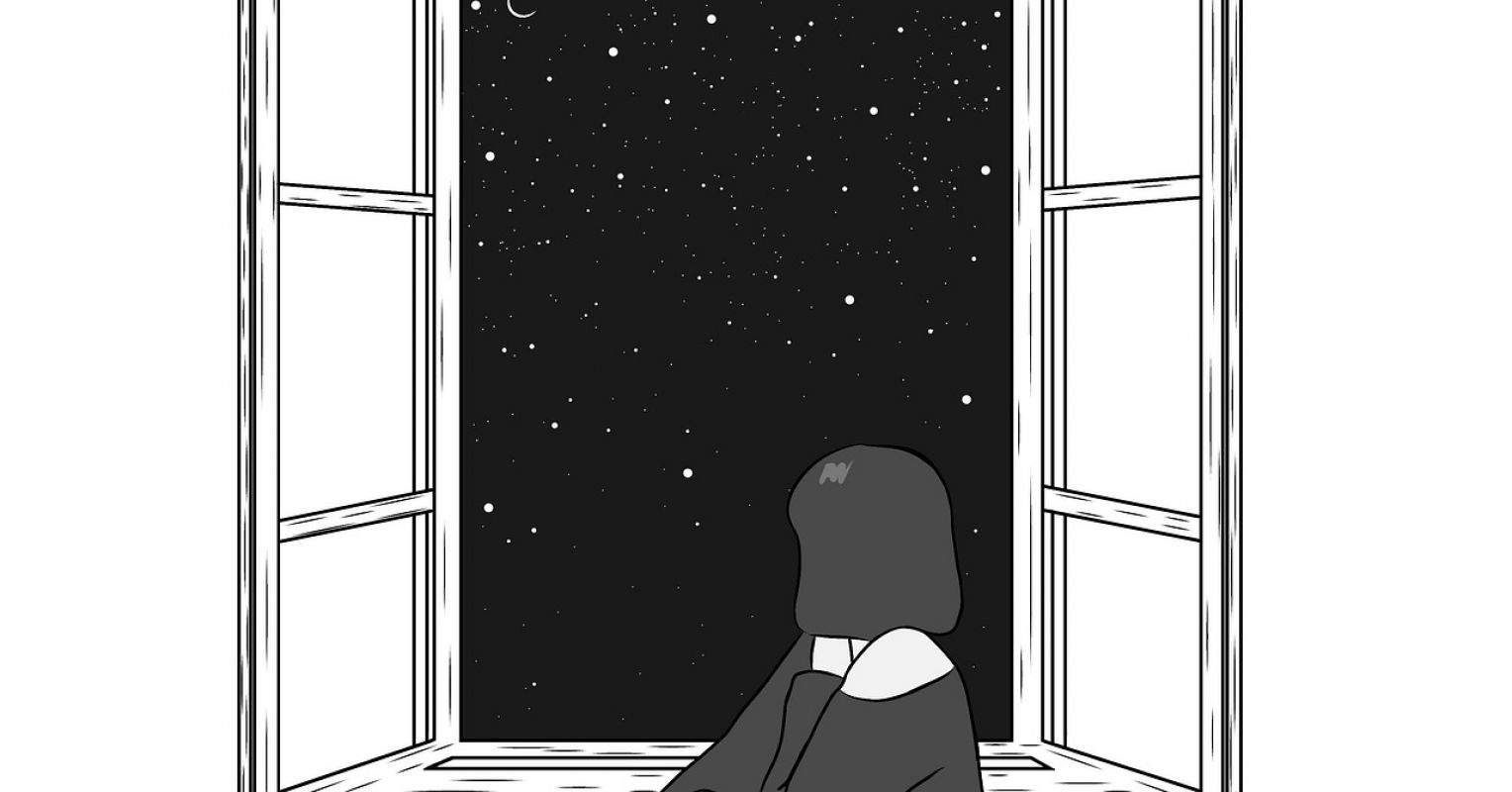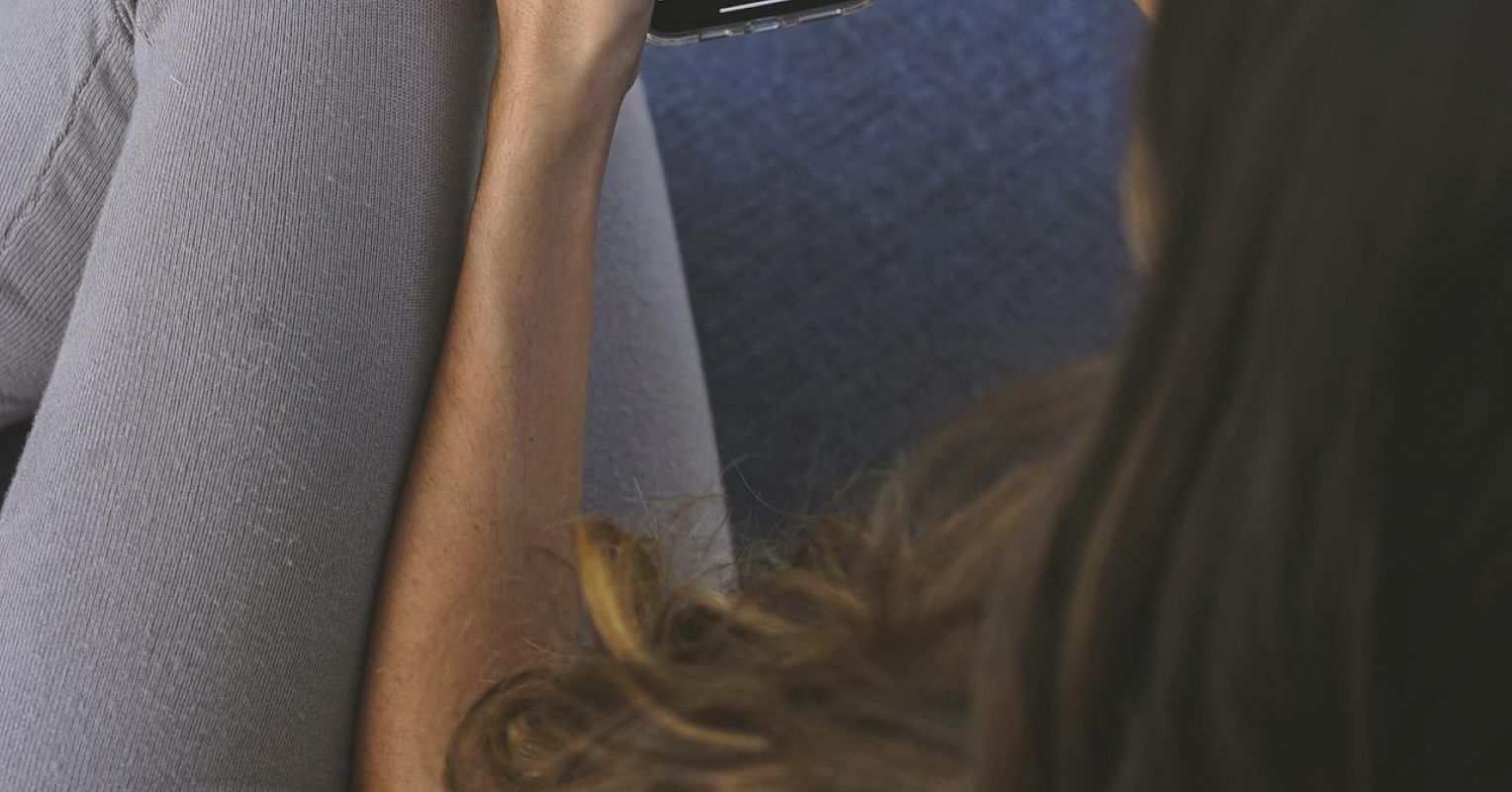fromFast Company
5 hours agoI'm a founder: here's why I spend my holidays at the doctor's office
I am at my first of several doctors appointments intentionally scheduled during the winter holiday season. Not because I'm sick. Because it's the only week of the year when nothing work-related is fighting for my time. The office is closed. The investors aren't emailing. The product update notifications have stopped. For seven days I can put my body first. So I schedule the bloodwork.
Mental health









